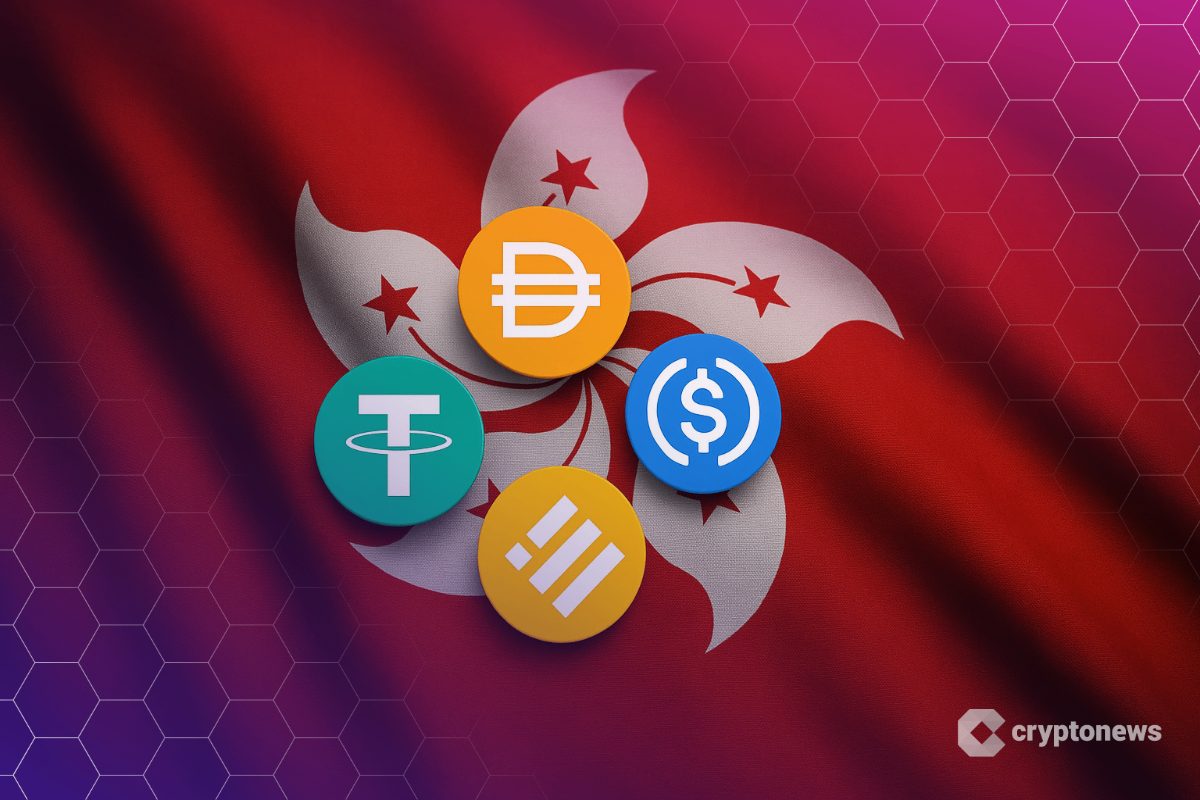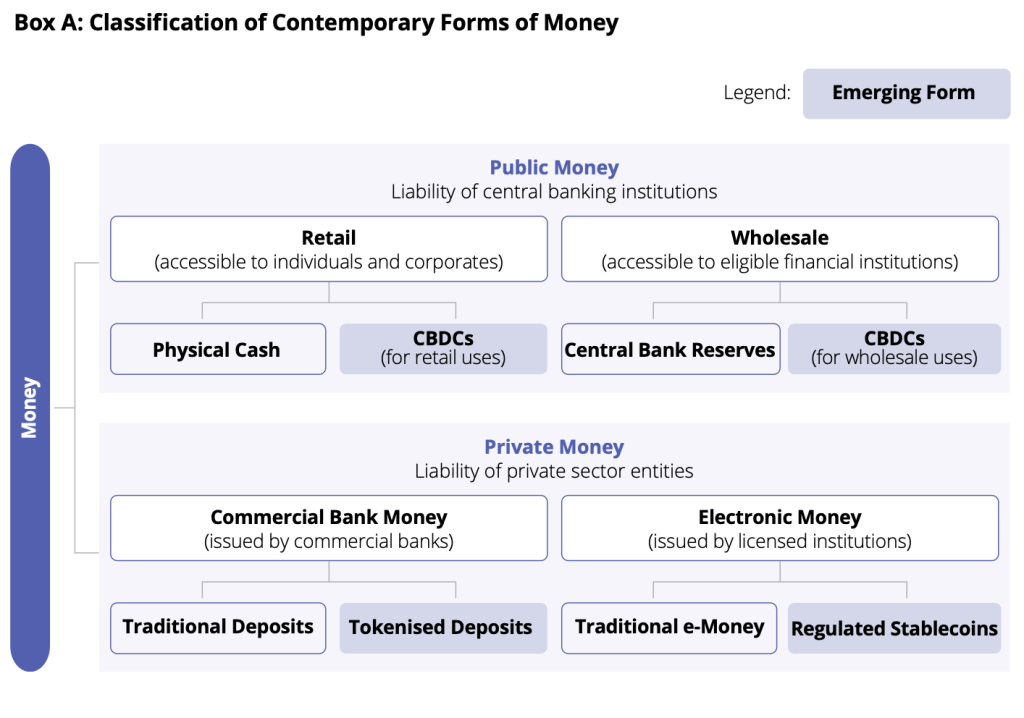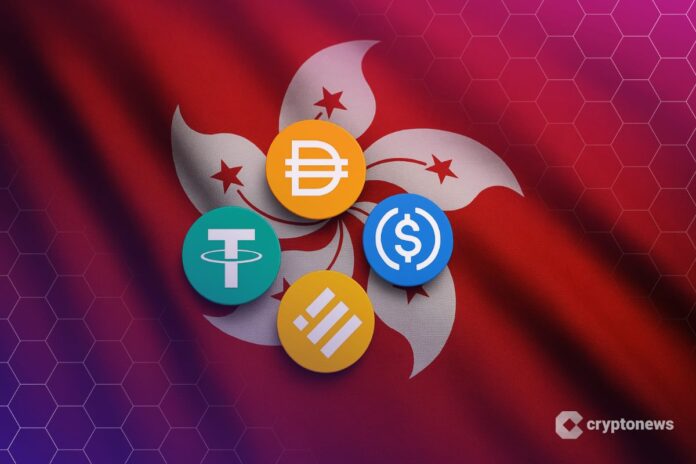Introduction to Hong Kong’s Digital Money Landscape
The Hong Kong Monetary Authority (HKMA) has released its Phase 2 report on the e-HKD pilot program, shedding light on the city’s progress in developing a digital finance ecosystem. With analytical support from Deloitte, the report explores the potential of central bank digital currencies (CBDCs) and other digital forms of money in reshaping Hong Kong’s financial landscape.
The report highlights a significant shift from physical cash to digital money, leveraging distributed ledger technology (DLT). This transition positions Hong Kong as a global leader in digital finance, tokenization, and next-generation payments infrastructure. The city’s strategic approach combines public oversight with private innovation, fostering a collaborative environment that drives financial transformation.

Expanding the Digital Money Landscape
The HKMA report categorizes the digital money landscape into two main categories: public money and private money. Public funds include central bank digital currencies, such as the e-HKD, while private funds comprise tokenized deposits and regulated stablecoins. These innovations lay the foundation for tokenization in Hong Kong, enabling faster, more transparent, and programmable transactions that bridge traditional finance with the emerging Web3 ecosystem.
The HKMA has been researching the e-HKD since 2017, conducting pilot studies and technical experiments to explore its potential in both wholesale and retail markets. Phase 2 of the pilot program expanded the focus to comparisons between the e-HKD and private forms of digital money, assessing their usability, scalability, and commercial viability.
Key Themes and Insights
The Phase 2 pilots, conducted with 11 industry partners across banking, payments, and technology, examined three key themes: settlement of tokenized assets, programmability, and offline payments. The results showed that DLT-based settlement could shorten cycles from T+2 to T+0, improving liquidity and reducing counterparty risk. However, banks noted that tokenized deposits could provide similar efficiencies with fewer infrastructure changes.
The report also explored the potential of programmable payments using smart contracts and dedicated money (PBM). Pilot use cases included green rewards vouchers, escrow advances, and supply chain financing. While programmability improves automation and transparency, the HKMA noted that models for commercial adoption remain limited, and there is no clear business case for large-scale adoption.

The Road Ahead
Supported by Deloitte’s analysis, the HKMA will prioritize wholesale use cases for e-HKD, particularly in the settlement of tokenized assets and interbank transactions. The central bank will continue to assess retail applications while laying the policy, legal, and technical foundations to ensure readiness by 2026.
As the global race for digital money heats up, Hong Kong’s collaborative approach is positioning the city at the forefront of financial transformation. The e-HKD initiative reflects not only Hong Kong’s commitment to technological advancement but also its strategic role in shaping the next era of money – connected, efficient, and inclusive. For more information, visit https://cryptonews.com/news/hong-kong-advances-digital-money-strategy-as-hkmas-e-hkd-pilot-programme-enters-phase-two/

